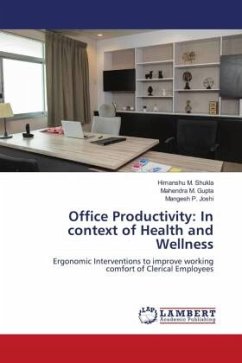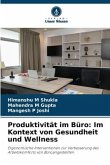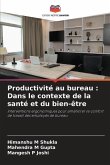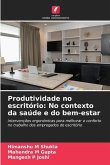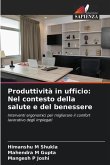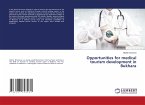This book provides the exhaustive information about the understanding the issues faced by clerical employees at workplace. This book revolves around the 3 main pillars of overall comfort viz. Physical comfort, Psychological Comfort and Environmental Comfort. The language of the book is kept simple and precise so that a layman can understand the content well. People working in clerical jobs confine their career in a narrow profile of monotonous and repetitive work. Clerical employees exhibit the symptoms of considerable workload and pressure at their workplace. The pressure is not only mental or physical, it is a combination of both. This book highlights various aspects of clerical jobs. An attempt has been made to quantify the comfort of clerk by considering all the possible factors and all affecting aspects. Remedial measures are suggested based on the interpretation of the study, using ergonomic guidelines.This book can be useful for achieving and practicing the human resource management goals through the way of Cognitive Ergonomics and Work System Design.
Bitte wählen Sie Ihr Anliegen aus.
Rechnungen
Retourenschein anfordern
Bestellstatus
Storno

